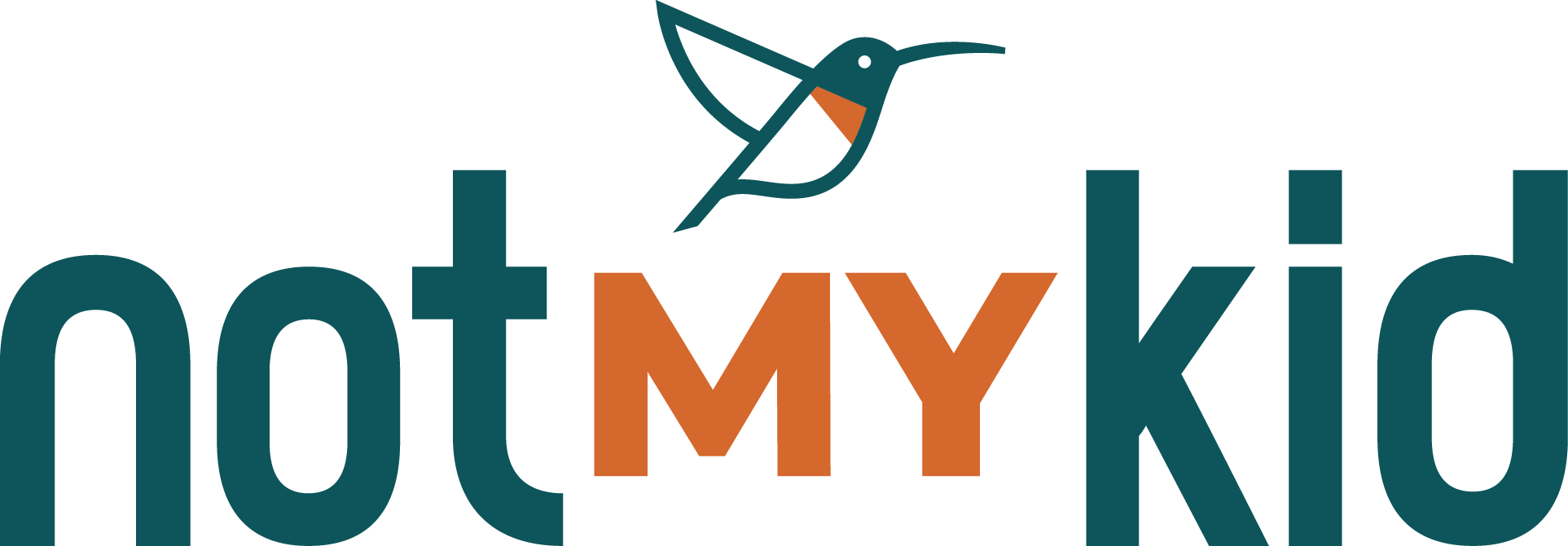Tips for a Successful Sobriety Journey: New Year’s Resolutions — a Day at a Time
The dawn of a new year often sparks the desire for personal transformation and positive change. For many, this means making a heartfelt resolution to overcome an addiction and embark on a path to sobriety. While setting this goal is commendable, it’s important to recognize this amazing journey is going to be both challenging and rewarding.
Set Clear and Specific Goals
The foundation of any successful resolution is clarity. Define your sobriety goals with precision. Avoid vague intentions like “Someday I want to quit drinking” and opt for specific goals such as “I will remain alcohol-free or drug free a day at a time” or “I will complete a 90-day treatment program.” Specific goals provide direction and make your progress more measurable.
Seek Professional Help
Recognize that addiction is a complex disease that often requires professional intervention. Consult with addiction specialists, therapists, and medical professionals who can assess your unique needs and recommend a tailored treatment plan. Professional support significantly enhances your chances of successful recovery.
Sober Friendships
Surround yourself with individuals who understand and support your journey to sobriety. Share your goals with trusted friends and family members who can offer encouragement and accountability. Consider joining a support group like Alcoholics Anonymous (AA) or Narcotics Anonymous (NA) to connect with others on similar paths.
Develop Coping Strategies
Understanding your triggers for substance use is crucial. Identify situations, emotions, or stressors that may lead to cravings. Work with a therapist or counselor to develop healthy coping strategies. These strategies can help you navigate challenging moments without turning to drugs or alcohol. Have plenty of phone numbers and don’t hesitate calling those who can help.
Create a Structured Routine
Establishing a daily routine can provide stability and purpose during on this journey. Plan your days with activities that promote wellness, such as exercise, meditation, yoga, walks, work, hobbies, and social interactions. Structure minimizes idle time.
Stay Mindful and Present
Mindfulness practices, such as meditation and deep breathing exercises, can help you stay grounded in the present moment. They provide tools for managing stress and preventing impulsive behaviors. Integrating mindfulness into your daily routine can enhance self-awareness and emotional regulation.
Practice Self-Care
Prioritize self-care as an essential part of your recovery. This includes getting adequate sleep, maintaining a balanced diet, and engaging in regular exercise. Taking care of your physical and mental health is crucial for resilience and overall well-being.
Set Realistic Expectations
Understand the road to sobriety is a journey, not a destination. Be kind and patient with yourself, and avoid the trap of perfectionism. Celebrate small victories and focus on progress rather than dwelling on momentary lapses.
Engage in Ongoing Therapy
Continuing therapy or counseling sessions after initial treatment is essential for sustained recovery. They provide a safe space to address underlying issues, emotional challenges, and personal growth. Regular therapy can help you stay on course and maintain sobriety.
Celebrate Milestones
Recognize and celebrate your achievements along the way. Sobriety milestones, whether it’s one day, one month, or one year without substances, are significant accomplishments. The miracle comes from commitment and dedication to a healthier, substance-free life. And always take it all a day at a time.
Remember that recovery is a lifelong process marked by progress, not perfection. Stay committed to your goals, and seek help and guidance when needed. As you navigate this transformative journey, celebrate each milestone along the way, and recognize that you have the power to achieve and maintain sobriety. Your New Year’s resolution can become a lasting and positive reality with the right mindset and support.
(Source: Scottsdale Recovery Center. For information call 866-893-4806 or visit http://www.scottsdalerecovery.com



































